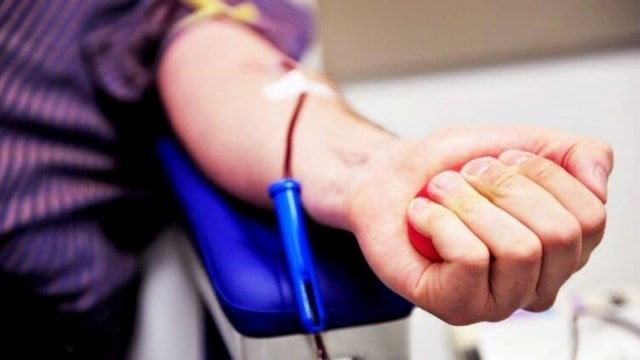India’s First CAR T-Cell Therapy

- 16 Mar 2025
In News:
India has achieved a significant milestone in cancer treatment with the successful clinical trials of its first CAR T-cell therapy, marking a crucial step in indigenous biomedical innovation. The findings were recently published in The Lancet, making it the first CAR T-cell clinical trial from India to appear in an international journal.
What is CAR T-Cell Therapy?
- CAR T-cell therapy (Chimeric Antigen Receptor T-cell therapy) is a form of immunotherapy where a patient’s own T-cells are genetically modified to identify and destroy cancer cells.
- Primarily used for blood cancers, especially those unresponsive to first-line treatments, such as:
- Acute Lymphoblastic Leukemia (ALL)
- Large B-cell Lymphoma
Indian Breakthrough
- Developed by ImmunoAct, a start-up incubated at IIT Bombay.
- 73% response rate recorded in Phase I and II clinical trials.
- Approved by India’s drug regulator in 2023, bypassing Phase III trials under conditional approval due to the urgent need and novelty.
- Therapy is now available in major hospitals like Apollo, Fortis, Max, and Amrita.
Key Findings (Lancet Report)
- Median progression-free survival:
- 6 months for ALL patients
- 4 months for lymphoma patients
- Therapy costs approx. ?25 lakh, about 1/20th of global CAR T-cell therapy prices (?8–10 crore abroad).
Side Effects
- Severe immune reaction (Haemophagocyticlymphohistiocytosis) in 12% patients, leading to at least one death.
- Other adverse effects:
- Neutropenia (96%) – Low white blood cells
- Thrombocytopenia (65%) – Low platelet count
- Anemia (61%) – Low red blood cell count
- Febrile neutropenia (47%) – Infection risk due to low immunity
Significance
- Makes advanced cancer care more accessible and affordable within India.
- Positions India among a select group of countries with indigenous CAR T-cell therapy capabilities.
- Marks progress towards self-reliance in high-end medical technologies.
